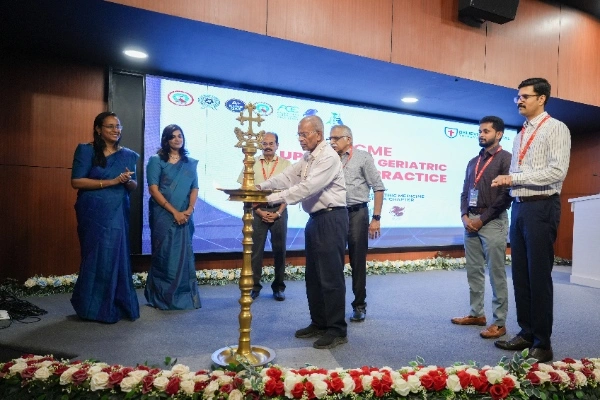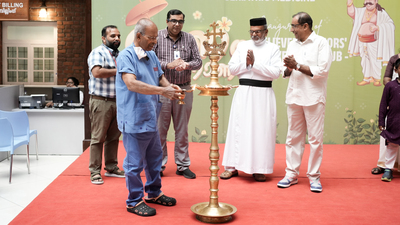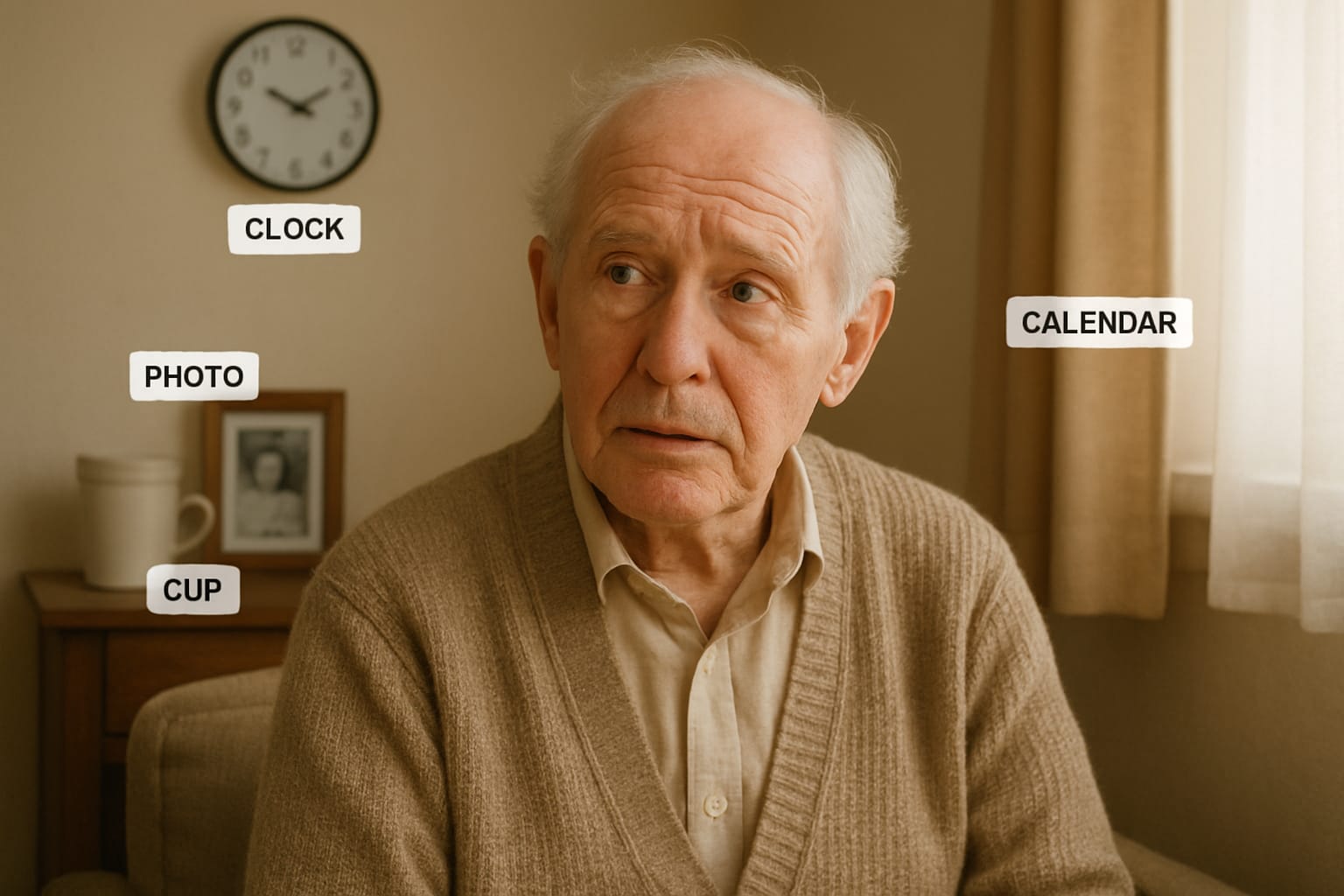Overview
Ageing is an inevitable process. Despite this, there is always a possibility of healthy ageing for the elderly, if we take care of them. Therefore, the motto of the department is “Healthy ageing”.
Ageing leads to the development of chronic diseases and degenerative diseases. In addition to that, problems of falls, memory loss, and bladder incontinence are seen only in the elderly and are called geriatric syndromes.
These problems need to be addressed and taken care of by various methods. Geriatric medicine is a branch of medicine that deals with preventive, curative and rehabilitative methods for the management of medical and psychosocial aspects of elderly patients to improve their overall quality and health. In rehabilitative methods both physiotherapy and occupational therapy are given importance.
Who can come to the department?
Any elderly patient above 60 years can come into the department
What are the conditions addressed?
All medical problems like diabetes, hypertension, and dyslipidemia are addressed. Apart from that patients are screened for geriatric syndromes, assessment of falls, memory assessment and incontinence screening.
We help to optimize medications:
Since patients over 60 years of age consume the most medications, they are more susceptible to side effects. Routine assessment of the medicines taken by the patient is done in the department.
Dementia Clinic:
Every Wednesday, there is a speciality clinic where a team of psychiatrists, neurologists and geriatric physicians, physical medicine and rehabilitation doctor and therapists assess the patient in detail for memory impairment.
Movement Disorder Clinic:
People with Parkinson's and other movement disorders are taken care of by a team of specialized doctors
Improving functional ability improves the overall health of the patient.
Let us strive for healthy and happy ageing.
FAQ
The aging process makes the body weak and vulnerable to many diseases. It causes a lot of deficiencies, and malfunctioning of certain glands, hormones, and organs. A regular doctor’s visit helps to constantly evaluate the health of the elders, as the doctor might know their previous health record, and can be able to quickly devise a method to heal quickly.
The common geriatric health issues include Dementia, Falls, Malnutrition, Osteoporosis, Arthritis, Urinary incontinence, Cardiovascular disease, Depression, Hearing and vision loss.
-
Forgetting names, dates, or appointments
-
Misplacing items, such as keys or eyeglasses
-
Difficulty recalling recent events or conversations
-
Difficulty following complex instructions or tasks
-
Trouble with word-finding or recall of common words
-
Difficulty with problem-solving or decision-making
-
Changes in mood or behaviour, such as increased irritability or apathy
-
Confusion or disorientation in familiar surroundings
-
Difficulty with judgment or decision-making
-
Difficulty with learning new information or skills.
There is no specific age but most patients who have a geriatrician as their primary care physician are 65 years of age or older.
News & Events

The Department of Geriatric Medicine at Believers Hospital, in collaboration with the IAG Kerala Chapter,…
View this Post

With the goal of ensuring healthcare, social engagement, and mental well-being for senior citizens, the…
View this Post

